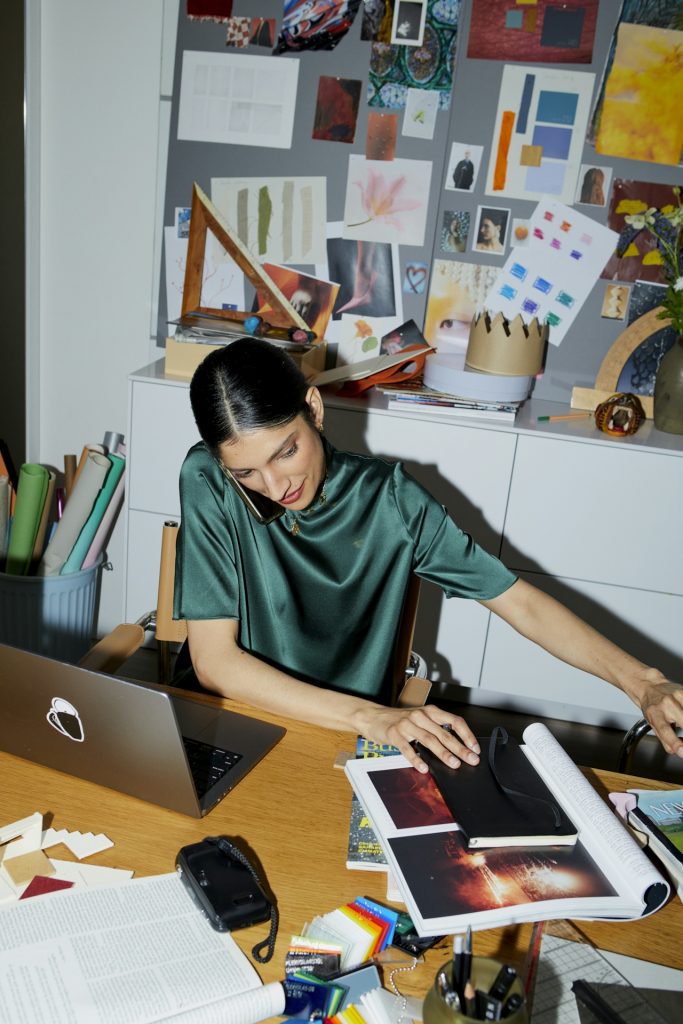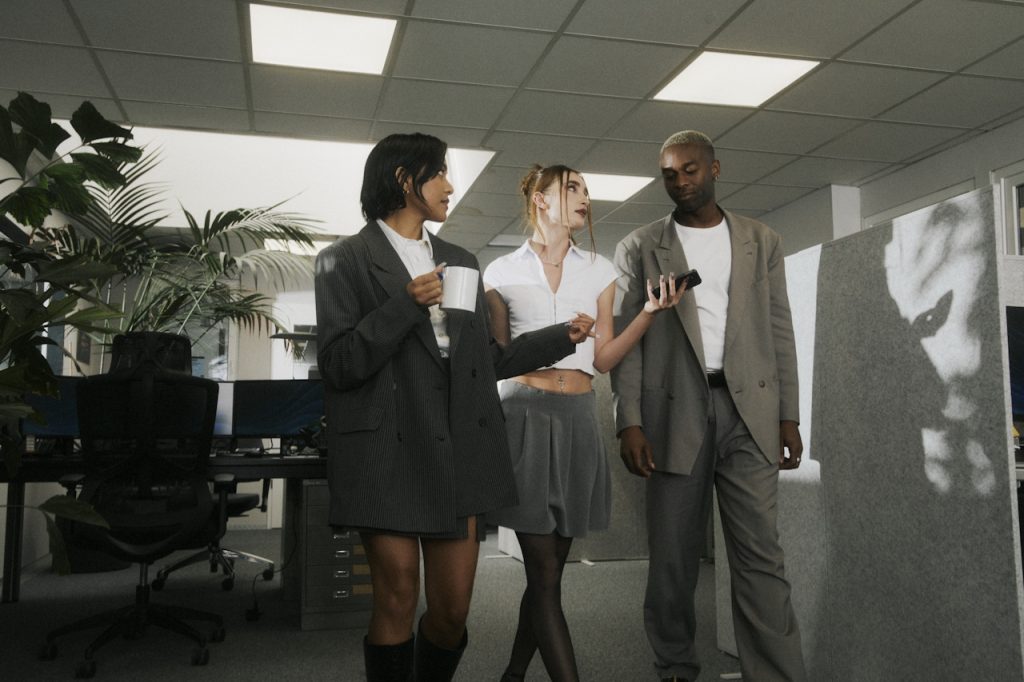As young professionals, we are ambitious and work hard to achieve success in all spheres of life. And often, the time we invest in our careers compromises all our other dreams, be it world travel, artistic pursuits, charitable work, or a more rewarding family life. But this does not have to be the case. People who become professional traders tend to work smart, rather than hard –allowing them a tremendous amount of time and liberty – and they often earn more money than any other profession. One would wonder, then, why more people have not taken up trading as a career path. We discussed this matter when we met with Adam J., a successful trader and passionate teacher who made his first trade at the age of 13 and who recently opened The Institute of Trading and Finance (IOTAF).
Describe trading in a nutshell.
Trading is preparation meeting opportunity (aka luck!). Seriously, though, it really is a business of preparing and waiting for opportunity… and when your experience is screaming at you to take a trade, you do it. Then you manage your emotions, which is the most challenging part of all.
How old were you when you started trading?
My first real trade was when I was 13. I bought BNS call options and made about 150% on that first trade. Then I developed a method for trading stocks, which was based on mean regression. This just means following a small basket of stocks in the same industry, waiting for one to lag for no reason, then buying it and waiting for it to come back to the mean. I would sometimes leave school, head down to Richardson Greenshields and hang out with the old farmers trading cattle and pork bellies as I waited for my price to get filled. I had to bet my full account and wait for a move of 3/8ths just to cover commission. It was a good way to learn because I had to pick perfect entry and exit points if I wanted to make a profit.
What did you study in school?
Buddhism and Economics. I studied what I liked, rather than with any career in mind because, in a way, I always knew what I wanted to do, and that was to live around the world as a free man and trade.
What was the inspiration for this career route?
When I was nine my dad took me to the Rich Green office downtown. It was like a holy pilgrimage. He had prepared me well as we walked there; I felt like I was about to meet Guy Lafleur or Pierre Trudeau. In other words, it was a huge honour to be there. When I stepped inside, the place was buzzing and I was hooked.

Why did you start teaching how to trade?
I caught the teaching bug about 14 years ago. I had had an epiphany about my life path and decided upon teaching. I had been in business for a long time and I didn’t feel quite fulfilled emotionally. So I called just one private high school – turned out they needed an economics teacher right away. This was a great school with some very open-minded people; I had been given carte blanche for four groups of 16-year-olds. The kids were amazing; I told them to throw out their old textbooks (which a few of them actually did!) and we learned the Taoist approach to the credit cycle, the fractional reserve system, the yield curve, and a bunch of other stuff the Ministry of Education believes is too difficult for kids to understand. But they all learned a ton and were doing stuff even kids in university don’t really comprehend. In return, I learned how great it felt to be teaching – I would have done it for free. I soon realized though that once that gig was over (since I had no degree), that our educational system works against such practices. So I went back to trading futures full-time, always with this idea of getting back into teaching – but in my own way.
What is the best part of what you do?
Seeing my students progress far faster than they ever imagined, or even I imagined. Teaching is a collaborative process that demands spontaneity and in-context thinking. I get a huge rush of energy with my students; it’s invigorating, but it also keeps me sharp as a trader. I cannot allow myself to make mistakes and I demand that my students question everything I say. In class, we work as equals. This atmosphere develops their self-assurance and objectivity, which is critical for success in this business – as in life. My ultimate goal is for every one of my students to become a better trader than myself and to reach that level faster than I did. That feeling, believe it or not, is more rewarding than the profit from a great trade.
The most challenging one?
My goal is to find some new trade idea or insight that will blow them away at least a few times in each class. I hate having my time wasted and I expect they are the same… at least they should be. So, I have no time to rest. I am always seeking some new insight.

What advice do you suggest to budding traders?
Realize that the key to their success is about 80% psychological. Thus, keeping a happy balanced life, perspective, and confidence is essential. Do not pay any attention to people (snake oil salesmen) who tell you such and such a technical indicator will bring you riches; most of it is rubbish and when it looks like it works it’s because of curve-fitting. Do not be affected by those who trade in a way that is divergent from your own; success in this business, like in any business, is about confidence and self-assurance. Looking up to others as if they are masters of the universe is self-defeating. This is a subtle subject; you will know when something is right or wrong. Make the difficult (stressful) trade and be forever vigilant; the best traders do not trade a lot but they capitalize in a big way when the market is screaming at them. (Great opportunities do not last long!)
Adam J. has recently opened his own trading school, The Institute of Trading and Finance (IOTAF), in a beautiful office in Old Montreal.
Cover image from: Wall Street Money Never Sleeps







